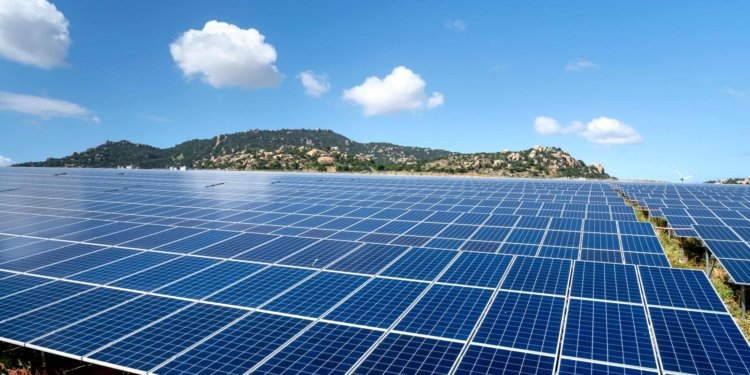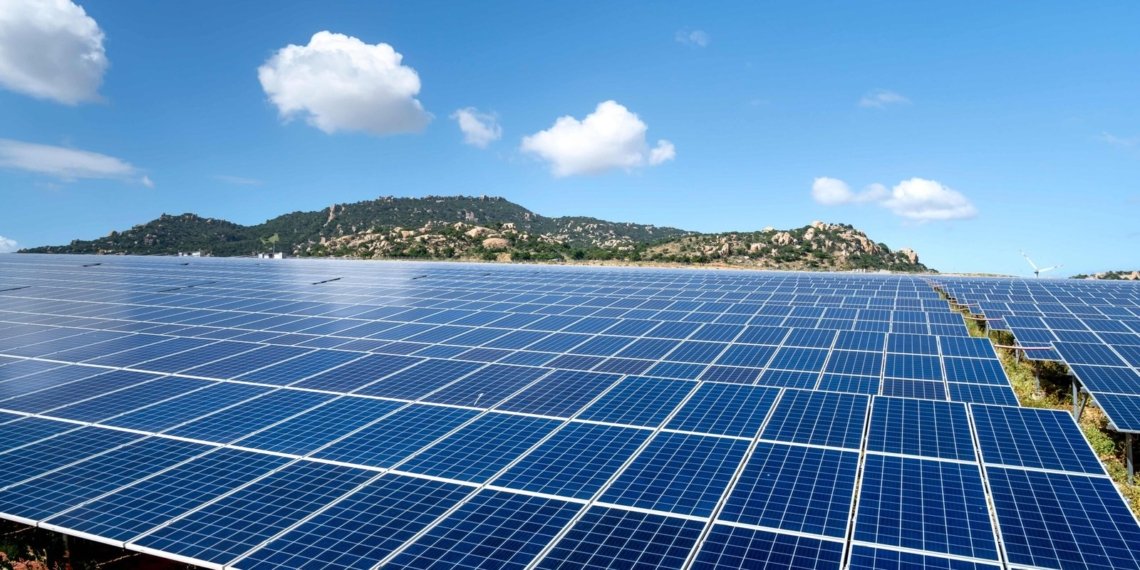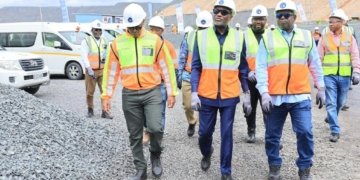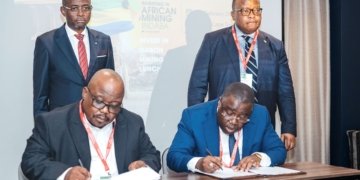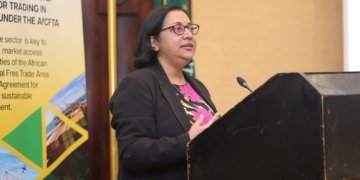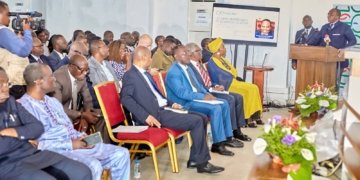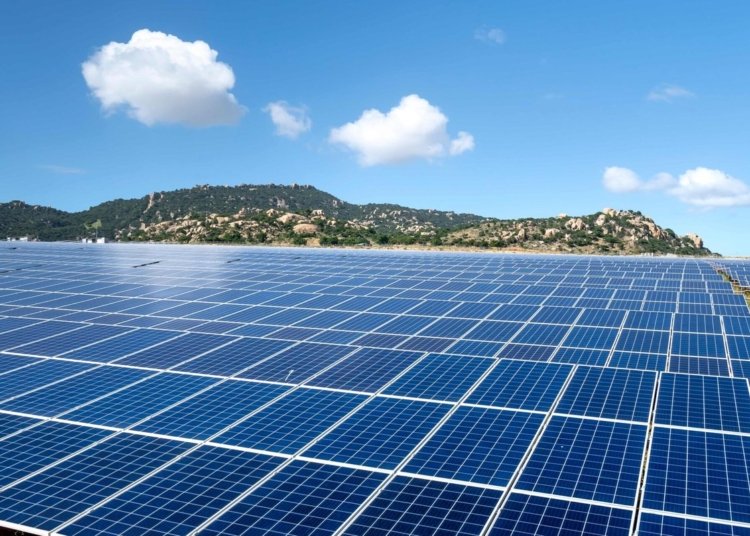ABIDJAN, Ivory Coast (BG) — PowerGen Renewable Energy has partnered with leading international investors to deploy 120 megawatts (MW) of renewable energy, including battery storage, across Africa, the African Development Bank (AfDB) announced Thursday.
This initiative marks a significant step in addressing the continent’s energy access challenges.
The platform is backed by a consortium of prominent investors, including the Private Infrastructure Development Group (PIDG), the Danish Investment Fund for Developing Countries (IFU), EDFI Management Co. through its EU-funded Electrification Financing Initiative (ElectriFi), and the AfDB’s Sustainable Energy Fund for Africa (SEFA).
PIDG’s anchor commitment was channeled through InfraCo, its investment arm, with concessional capital provided by PIDG Technical Assistance.
SEFA, a multi-donor special fund managed by the AfDB, provides catalytic financing to unlock private sector investments in renewable energy and energy efficiency.
Leveraging PowerGen’s 13 years of experience in developing and operating energy projects across Africa, the new funding will support the deployment of mini- and metro-grids and commercial and industrial (C&I) power solutions equipped with battery energy storage systems.
The initiative will initially focus on Nigeria, Sierra Leone, and the Democratic Republic of Congo, with plans to expand across the broader region.
By leveraging local developer partnerships and engineering, procurement, and construction collaborations, the platform aims to accelerate access to electricity for the 570 million people in sub-Saharan Africa currently living without power, according to the International Renewable Energy Agency.
Driving Africa’s Energy Transition
Dr Daniel Schroth, director of renewable energy and energy efficiency at the AfDB, highlighted the project’s alignment with the bank’s Mission 300 goals.
“This project will bring electricity to underserved areas in Nigeria, Sierra Leone, and the DRC, generate significant economic activity and create numerous employment opportunities. It’s an excellent example of our strategy to drive development through targeted partnerships,” he said.
Claire Jarratt, head of investment management for InfraCo at PIDG, expressed confidence in PowerGen’s capability to deliver high-quality energy infrastructure under challenging conditions.
“We are pleased to be working with partners to support PowerGen in expanding its offering across sub-Saharan Africa at a platform scale that has the potential to be truly transformational,” she said.
Luke Foley, PIDG deputy head of technical assistance, emphasized the investment’s alignment with PIDG’s mandate to use blended finance tools to deploy sustainable energy solutions critical for climate resilience and economic growth.
Henrik Henriksen, IFU investment director, underscored the urgent need for clean energy access in Africa.
“We are very proud to be a part of a joint investment enabling PowerGen to develop sustainable off-grid power solutions in sub-Saharan Africa. This aligns with our increased focus on supporting Africa’s transition to be more climate resilient,” he said.
Rodrigo Madrazo Garcia de Lomana, CEO of EDFI Management Co., reflected on the long-term impact of their initial investment in PowerGen in 2019.
“We are excited to continue supporting PowerGen’s growth as part of this round, which showcases the ripple effect of our early commitment,” he said.
PowerGen CEO Aaron Cheng expressed enthusiasm about the company’s growth trajectory.
“ … this transformational next chapter will drive our vision of providing clean, reliable, and affordable energy across Africa. We are grateful to our terrific partners for their collaboration, and together, we look forward to contributing at scale to the energy transition and socio-economic growth across the continent,” he said.
With this investment, PowerGen is poised to supply energy to more than 68,000 households and lower energy costs for 7,000 businesses. Enhanced access to reliable electricity is expected to improve business productivity, create indirect employment, and drive regional economic growth.
This partnership represents a pivotal move toward bridging Africa’s energy gap and fostering sustainable development through innovative, scalable, renewable energy solutions.
